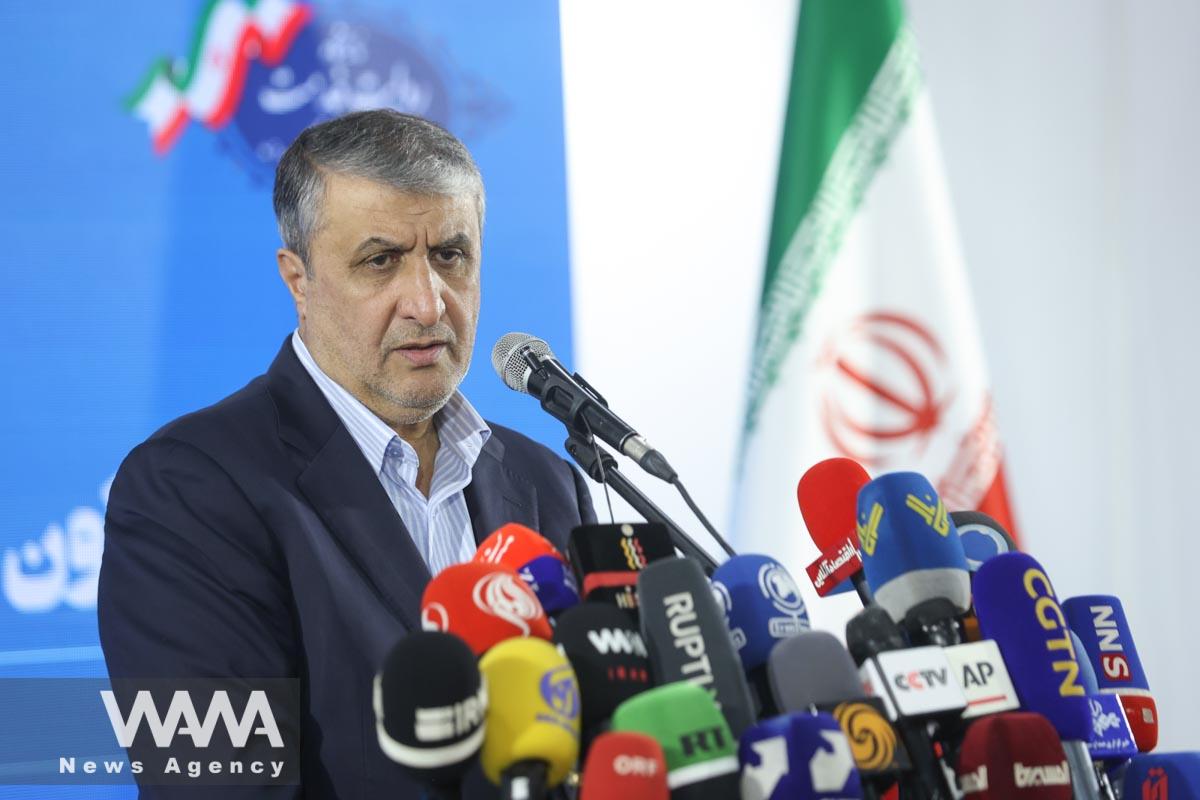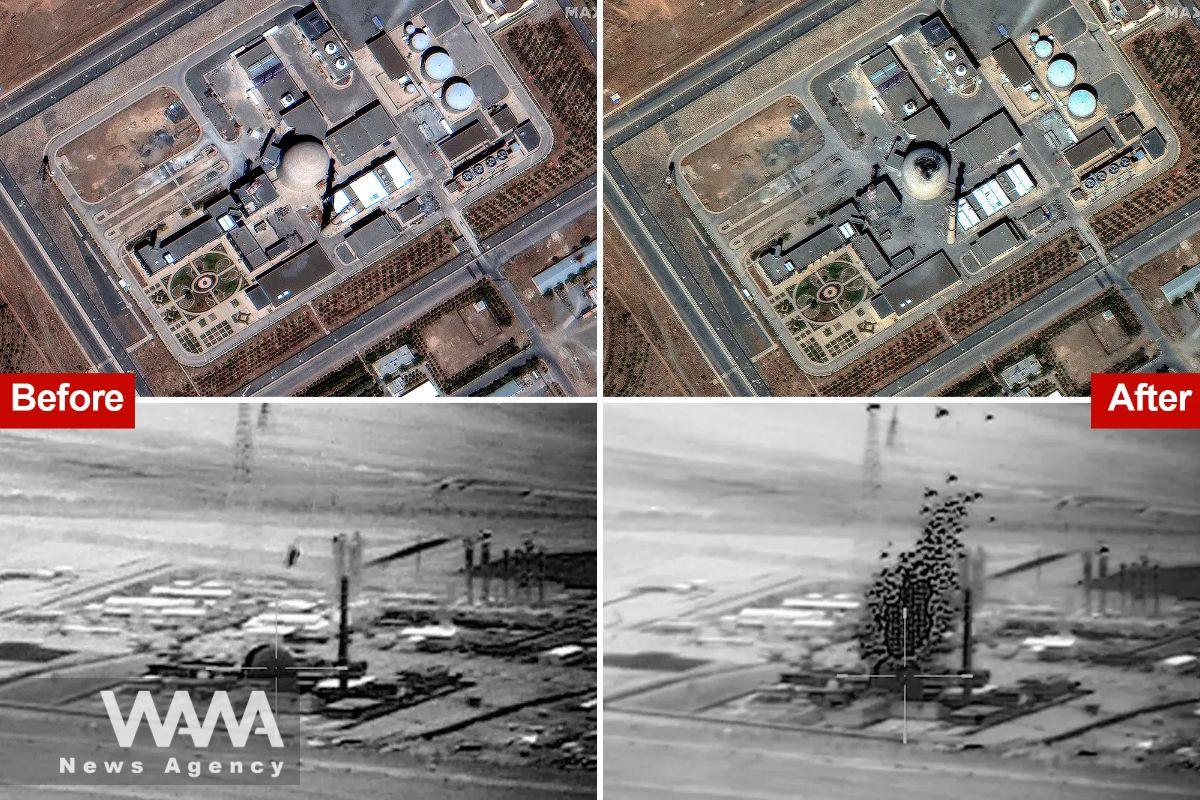WANA (Sep 27) – Iran’s Vice President and Head of the Atomic Energy Organization, Mohammad Eslami, has strongly criticized the International Atomic Energy Agency (IAEA) for failing to condemn recent attacks on Iranian nuclear facilities, stating that such silence implies alignment with military aggression.
Speaking on the sidelines of the Global Atomic Week summit in Moscow, Eslami pointed to what he called the IAEA’s inaction following Israeli attacks on Iranian nuclear sites. “What does this mean?” he asked. “It means these institutions are coordinated with the military assault — they are part of the military operation.”
Regarding continued cooperation between Iran and the IAEA, Eslami emphasized that Iran’s parliament has passed a clear law on the matter. “When registered and monitored nuclear facilities under the IAEA are attacked militarily and no condemnation is issued by the Agency, the UN Security Council, or the IAEA Board of Governors — what does that mean? It means they are complicit,” he reiterated.
Eslami warned that such a lack of response undermines trust and poses a national security concern for Iran. “Our parliamentary law is designed to ensure security — it’s not about written promises like, ‘I guarantee no attack will happen.’ While we understand that the IAEA has no military authority, it is legally obligated to condemn such attacks.”
He added that Iran had formally communicated the incidents to the Agency in accordance with IAEA statutes and the safeguards framework, but received no formal recognition or condemnation in response. “Silence equals distrust,” he said.
On the future of Iran’s cooperation with the IAEA, Eslami said: “Our law is clear. Until its conditions are fulfilled, we will not resume full cooperation.” He also referenced the Foreign Ministry’s role in negotiations, stating that any agreements made with the IAEA must be based on conditions set during past discussions.
On the broader issue of nuclear negotiations, Eslami said: “Negotiation means dialogue and agreement. If you announce from the start what the result should be, that’s not a negotiation. It’s a directive.”
He stressed that real negotiations require balanced, fair discussions and mutual decision-making. “This is the policy of the Islamic Republic of Iran,” he stated. “Anyone calling for talks must demonstrate genuine intent and readiness to engage — not just in words, but in action.”
The Arak nuclear facility after the U.S. strike. Social media/ WANA News Agency

